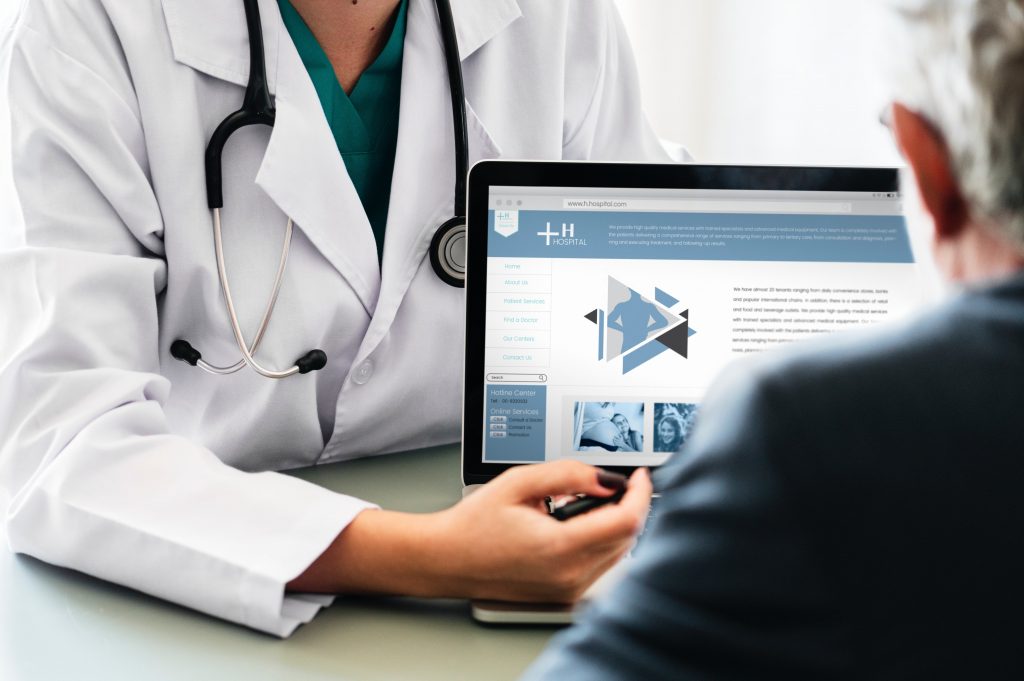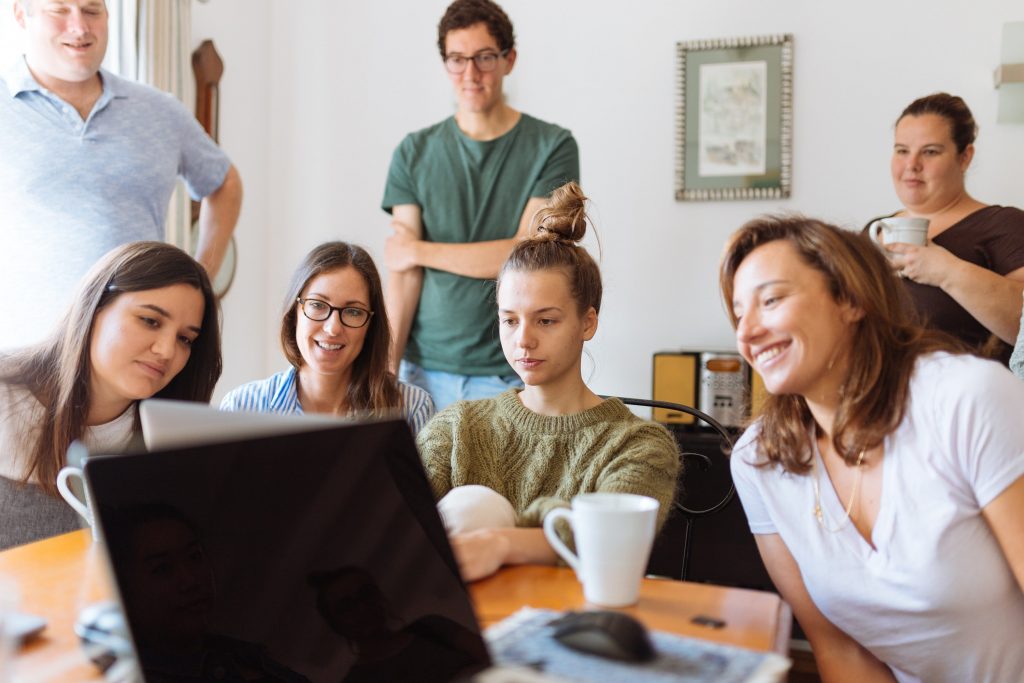Life can be quite sweet after Match Day. Med school until this point at times feels like puberty. There’s the awkwardness and anxiety, the funny-looking short-white-coat fashion and the clumsiness of not knowing which side is left on a CT scan. But after opening that Match Day envelope (or email), things change! There’s a bit of certainty and a major reality check—we know where we are going to spend the next three to eight years of our lives.
Here’s what we suggest you do in that time in between matching and getting started in your residency—or internship, or fellowship program, whatever form your graduate medical education program may take.
First, email the GME Program Director
Taking the time to reach out and introduce yourself will show that you are professional. Craft a simple message to your residency Program Director. This is a way for you to start off on the right foot. It doesn’t have to be too verbose, just communicate that you are happy that you matched there and looking forward to learning from them.

Take it from people who have been on the other side of the interview process. It requires a lot of coordinating, juggling clinical duties and interviews, cleaning up the break room, and finding enough people to attend the dinners. There’s a lot of work involved in finding the right residents, and to receive a personal message from those who match is a nice touch.
Download DocuSign
A practical and essential tip. You’ll receive some very important documents that you’ll have to sign in a time sensitive manner. Docusign is a way to electronically sign them right on your phone while you are taking an extra long breakfast on rounds because—hey, you already matched right?

It’ll come in handy when you have to sign your hospital contract, pre-employment screening, and new housing lease. Thank us later.
Give back at your Specialty Interest Group and beyond
As a bright-eyed young medical student, you likely had numerous questions about the fields you were considering. Now’s your chance to pay it forward!
Help out the MS1 and MS2. Offer to speak on a panel. Give out your cell phone number to those who want to learn more. You know the application process and your specialty very well. You possess insider knowledge. Share it!
Sharing knowledge is valuable at all stages of the medical journey. If you’ve just matched and are nervous about what’s coming next, speak with a mentor, attending or current resident to get the inside scoop. Or, check back on the Thalamus blog for an upcoming post!
Thank your supporters
Sure, that official Match Day letter has your name on it, but let’s be real here. There were likely many people who helped you get to this point. And you’ll continue to lean on them for support during residency.

So, with your increased free time before residency begins, send them a text. Give them a call. Touch base with them. Update them with the next step in your life. Explicitly thank them for the support.
Consider your finances
We’re bringing it right back down to earth here. The notion that physicians shouldn’t talk about money is a bit outdated—after all, worries about money make it difficult to practice and take care of our patients.
The basics of financial literacy aren’t something that is taught in med school, but they are essential in residency. According to an AAMC study, 76% of students graduate with debt. The median debt is $192,000.
If we’re smart and dedicated enough to become physicians, we can definitely understand some core financial topics. There are resources out there targeted towards physicians which are very easy to read. One in particular that is highly rated is The White Coat Investor: A Doctor’s Guide to Personal Finances.
Some of the most relevant posts for the post-match period include:
- 12 Things To Know About Student Loan Refinancing
- What To Do If You Have Monster Debt
- The 5 Big Money Items You Should Do As A Resident
Do not study
Seriously, don’t do it. You’ve spent four years amassing medical knowledge, and that will be worry #7 on your list come intern year. You’ll probably be able to diagnose that MI. But what will worry you will be questions like these: What number do you page? What order set do you pull up? How do you check to see if the trops are pending? What color vials do you put the blood into?
Essentially, you’ll know the academic details—it’s the patient care stuff that you’ll need to get used to, and it can only be learned through experience. After all, that’s what residency is about!
But I know we all like to be prepared. That is fine. Being prepared is different than studying. Some good resources to have around intern year are “On Call Principles and Protocols” by Marshall Ruedy, and “Pocket Medicine” by Marc S Sabatine.
As for Step Three, don’t fret about that either. The hardest part is figuring out the layout of the software. If you use UWorld and do a few practice scenarios, you will pass. If you want a quick brush-up, read Master the Boards USMLE Step 3.
Find your accommodation
Chances are you’ll need a place to stay during residency. The best way to go about finding one is by emailing the program coordinator—he or she could connect you with graduating residents. They can often set you up with a sweet deal for the living situation they are leaving behind, one which is already resident-approved!
Most importantly, enjoy yourself!
You’ve worked really hard up until this point. You’ll learn what you need to know in residency, so enjoy the free time before residency starts. Get out and about, do a bit of traveling if you can. Aim to forget about health care and learning for a short period. If you want to do the popular Europe or South East Asia trips, go for it! But don’t forget we have a lot of amazing places to explore in the U.S, too.
As well as all the things we mentioned above, try to arrive to the first day of intern year well rested, with some recent nice memories. That will ensure your residency gets off to a good start.
We wish you the very best of luck as you begin your GME program! Thalamus is all about helping you get there as stress-free as possible, smoothing out interview season so you can get your residency off to a great start. Find out how it works for med students and residency or fellowship programs alike.
